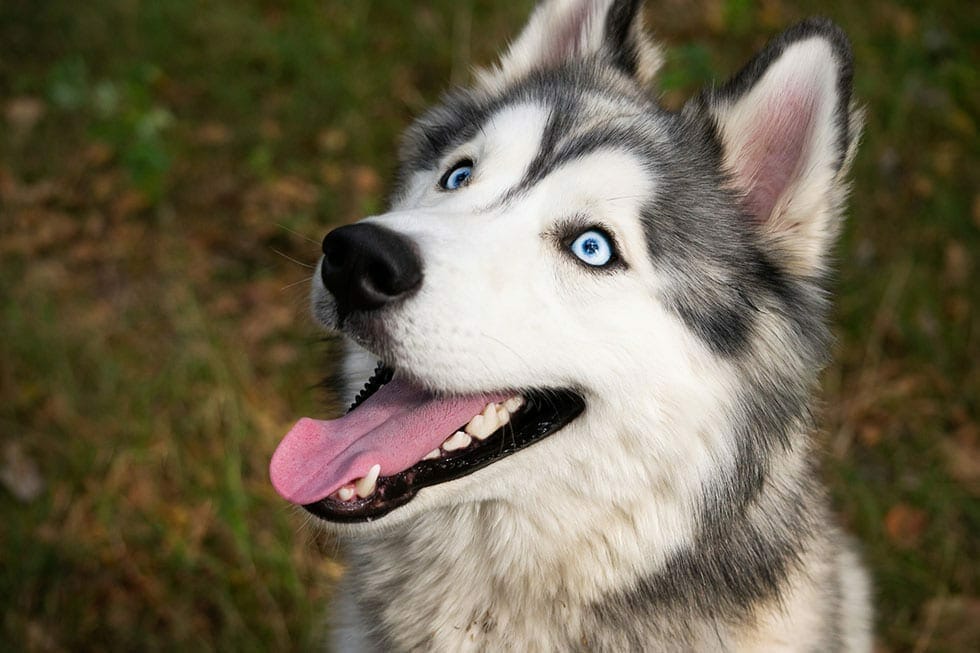Dental Care For Dogs
PIA Australia
May 31, 2022
Concerned about your dog’s teeth? Looking for some advice on how to keep your pup’s teeth in great condition to prevent serious problems later down the track? Pet insurance Australia takes a look a dental hygiene for our dogs.
From 28 painful erupting puppy teeth to, 42 full blown adult gnashes, your dog’s teeth are a very important aspect of their body. Pain associated with bad teeth and gums can also be hiding some pretty scary consequences.
Like with humans, your dog’s gums are the gateway to their bloodstream. But what does this mean?
Basically, if your dog has an infection or overload of bacteria on the teeth and gums it can enter the blood stream and lead to a whole host of serious complications;
- Loss of teeth
- Tooth and root abscesses
- Bone infections
- Infection fistulas (holes) in the nasal cavity
- Damage to liver
- Damage to kidneys
- Heart problems
Dental Disease in Dogs
Dental disease in dogs can be serious. If you are concerned about your dog or pup’s teeth a trip to the vet is vital to rule out any immediate treatments such as tooth removal or antibiotic treatments. It is advised that you have your dog’s teeth checked yearly during your annual vaccination appointment to check that they are in good condition. Your vet may suggest a scale and polish under anaesthetic that can help keep your pet’s teeth in good condition and help pick up any underlying dental issues.
Signs of dental disease in dogs
- Bad breath
- Staining on teeth
- Bleeding gums
- Excessive salivation
- Soreness around the jaw
- Difficulty chewing or eating
- Unusual swelling associated with the jaw
Prevention of Dog Dental Problems
The best way to help your dog’s mouth stay fresh, clean and bacteria free is to ensure you have a good dental hygiene program from puppyhood. The safest way to keep your pet’s mouth in top condition is to brush their teeth. However, this is a practise that needs to be implemented from puppyhood as some older dogs will simply not adjust well to this new routine.
With teeth-brushing it is vital that you only use a specially designed dog toothpaste for the job at hand. Start slowly and try short sessions. Increase the length of these sessions as your pup/dog becomes used to the exercise.
Bones are also good for helping your pup remove built-up plague from their teeth that can lead to issues. However, it is extremely important that you;
- Raw bones only – never offer your dog cooked bones
- Leave unsupervised
- Always remove bones once they have been chewed
- Feed your dog bones that have been cut in half lengthways
It’s also a good idea to not feed your dog weight baring bones. If you do, remove once the knuckle has been chewed. It’s important to note that some extremely hard bones (typically weight baring bones) can cause your dog’s teeth to chip, leading to additional issues. Soft, uncooked bones are the perfect dental addition. Ask your vet for additional advice on feeding bones.
There are also ample foods and treats that can help keep your pup’s teeth clean. Like with all food, ensure you only feed by the manufacturer’s guidelines and take into account the number of treats and remove this from your pet’s daily diet. Or you may end up with a pearly white overweight dog.
Toys can also be beneficial for preventing tooth decay in dogs. These can be wonderful as you can allow your pup to clean their teeth inside, with minimal mess. It’s important to ensure the chew toys are the correct size for your dog and also to remove once they become damaged.
With your dog teeth, prevention is key, as too, yearly consults with your local veterinarian. If you notice anything wrong with your pet’s mouth, teeth, gums or breath seek advice quickly. Getting to the cause of the problem as quickly as possible can prevent ongoing issues and pain in your dog.

8 Comment